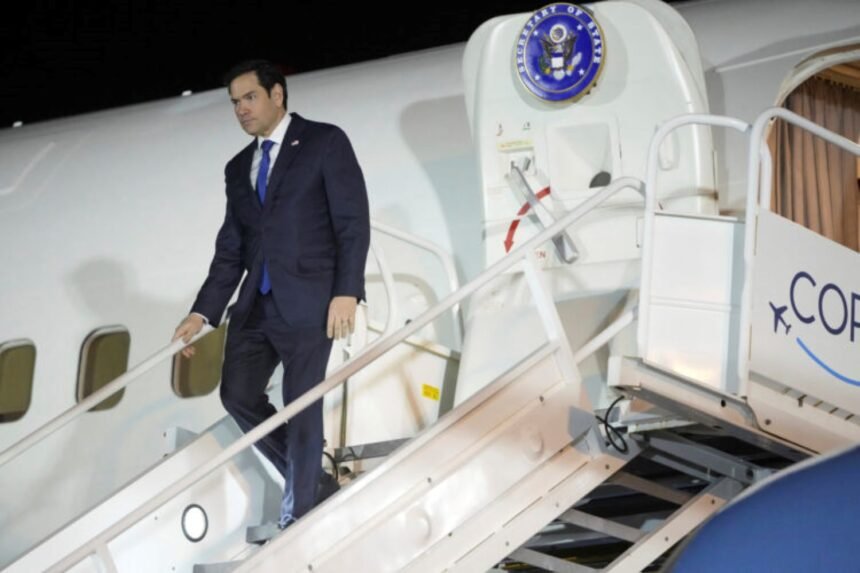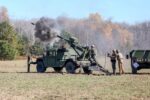U.S. Secretary of State Marco Rubio is scheduled to meet with Russian Foreign Minister Sergey Lavrov today in Kuala Lumpur. This encounter is anticipated to be a tense discussion, given escalating tensions over Russia’s increased attacks on Ukraine and doubts about Russian President Vladimir Putin’s commitment to a peace deal.
Both diplomats are in Malaysia attending the annual Association of Southeast Asian Nations (ASEAN) Regional Forum, which gathers all 10 ASEAN members and their key diplomatic partners, including Russia, China, Japan, South Korea, European nations, and the U.S.
The meeting between Rubio and Lavrov comes shortly after the U.S. resumed shipments of defensive weapons to Ukraine, reversing a temporary pause that Moscow had welcomed. This resumption follows Russia’s escalating air attacks on Ukraine and growing frustration from U.S. President Donald Trump with his Russian counterpart. “Putin is not, he’s not treating human beings right,” Trump stated during a Cabinet meeting on Tuesday. “It’s killing too many people. So we’re sending some defensive weapons to Ukraine, and I’ve approved that.”
Tariff Threats Cloud Rubio’s Asia Trip
Rubio’s diplomatic push in Asia could be overshadowed by significant tariff threats. The U.S. is poised to impose new tariffs on August 1 against several countries, including eight of ASEAN’s ten members. This poses a challenge for Rubio’s first official trip to Asia, as the U.S. seeks to strengthen ties with Indo-Pacific nations to counter China’s growing regional influence.
President Trump notified several countries on Monday and Wednesday about impending higher tariffs if they don’t strike new trade deals with the U.S. Many of America’s closest allies and partners in Asia, including Japan, South Korea, and most ASEAN members, are affected. For instance, most ASEAN members could face a 25% tariff that could specifically impact their electronics and electrical product exports to the U.S.
Malaysian Prime Minister Anwar Ibrahim has already warned that global trade is being “weaponized” as U.S. tariffs loom over Southeast Asia. Speaking at an ASEAN foreign ministers’ meeting on Wednesday, Anwar urged the bloc to bolster regional trade and reduce reliance on external powers.
Experts like Danny Russel, vice president of the Asia Society Policy Institute, suggest that Rubio’s “talking points on the China threat will not resonate with officials whose industries are being battered by 30-40% tariffs.” Russel added that when Anwar spoke of ASEAN approaching challenges “as a united bloc,” he was likely referring to U.S. tariffs, not Chinese coercion.
Specific Tariffs and Engagement with China
Among ASEAN states, Trump has announced tariff hikes for Brunei (25%), the Philippines (20%), Cambodia (36%), Indonesia (32%), Laos (40%), Malaysia (25%), Myanmar (40%), and Thailand (36%). Vietnam recently agreed to a trade deal for a 20% tariff on its imports, while Singapore still faces a 10% tariff imposed in April.
During his brief 36-hour visit, Rubio will also likely come face-to-face with Chinese Foreign Minister Wang Yi. Issues with China, including trade, human rights, the militarization of the South China Sea, and China’s support for Russia in Ukraine, remain substantial. U.S. officials continue to accuse China of re-supplying and revamping Russia’s military industrial sector, enabling it to produce more weapons for its attacks on Ukraine.







